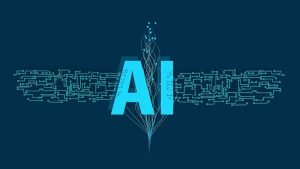The city of San Diego has started work to develop a Broadband Master Plan with the ultimate goal of addressing internet access and digital equity across the city.
The U.S. Department of Commerce’s National Telecommunications and Information Administration (NTIA) has awarded Connecticut more than $9 million in Federal funding to implement the state’s Connecticut: Everyone Connected digital equity plan.
The latest citizen survey conducted by the Seattle (Wash.) Information Technology Department has found ongoing digital divide and equity issues, and city leadership said it will use findings from survey to pursue goals including 100 percent internet connectivity for residents.
The Department of Education has released the 2024 National Educational Technology Plan (NETP): A Call to Action for Closing the Digital Access, Design and Use Divides.
While the challenges of closing the digital divide are vast and complex, one telecommunications expert told Capitol Hill lawmakers this week that artificial intelligence (AI) can be leveraged to expand broadband services to every corner of the nation.
Baltimore City is distributing 3,000 free Chromebooks to eligible low-income Baltimore City households.
The Vermont Community Broadband Board (VCBB) is kicking off a project to develop Vermont’s digital equity plan to bridge the digital divide.
In a bid to close the digital divide, Alabama Gov. Kay Ivey is engaging in a series of statewide meetings as part of a new initiative, the Alabama Community Broadband Technical Assistance Program (TAP).
Chicago Mayor Lori Lightfoot has issued a request for information (RFI) intended to gather recommendations and ideas for how to provide affordable, quality, and reliable internet service options that meet the needs of communities most burdened by the digital divide. The city’s goal is to improve access to high-quality internet and internet adoption for residents living in historically underinvested communities.
Western Illinois University (WIU) has partnered with four local community libraries to establish the ‘Chromebook Lending Program’ to help close the state’s digital divide as telework and online learning continue to boost demand for devices.










